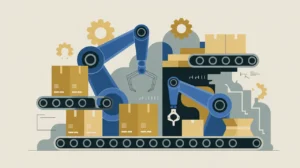Importance of Waste Management
Waste management is essential for protecting public health, safeguarding the environment, and ensuring sustainable urban development. Poorly managed waste contributes to pollution, greenhouse gas emissions, and the spread of disease, while effective systems can recover resources and generate economic opportunities. In international development, waste management is especially important in rapidly urbanizing areas where infrastructure struggles to keep pace. For nonprofits and social innovators, it matters because waste management links directly to equity, as marginalized communities are often the most affected by poor sanitation and pollution. Its importance lies in turning waste into a managed resource that supports sustainability.
Definition and Features
Waste management refers to the collection, transport, processing, recycling, and disposal of solid and liquid waste materials. Its defining features include:
- Public Health Protection: preventing disease and contamination.
- Environmental Safeguards: reducing pollution of air, water, and soil.
- Resource Recovery: recycling and reusing materials to support circular economies.
- Infrastructure Systems: landfills, treatment plants, and collection services.
How this Works in Practice
In practice, waste management systems are run by municipalities, private companies, and community organizations. For example, cities may operate waste collection services and landfills, while NGOs organize recycling cooperatives with informal waste pickers. Innovations like composting, e-waste recycling, and waste-to-energy facilities are increasingly being integrated into development strategies. Challenges include underfunded infrastructure, limited coverage in rural or informal settlements, and lack of public awareness or participation in waste reduction.
Implications for Social Innovation
Waste management has significant implications for social innovation because it demonstrates how environmental, economic, and social goals can be aligned. Innovations such as decentralized recycling enterprises, pay-as-you-throw systems, and digital waste tracking improve efficiency and equity. For proximate actors, effective waste management ensures cleaner environments, healthier lives, and new livelihood opportunities. Waste management is essential for sustainable and inclusive development.







